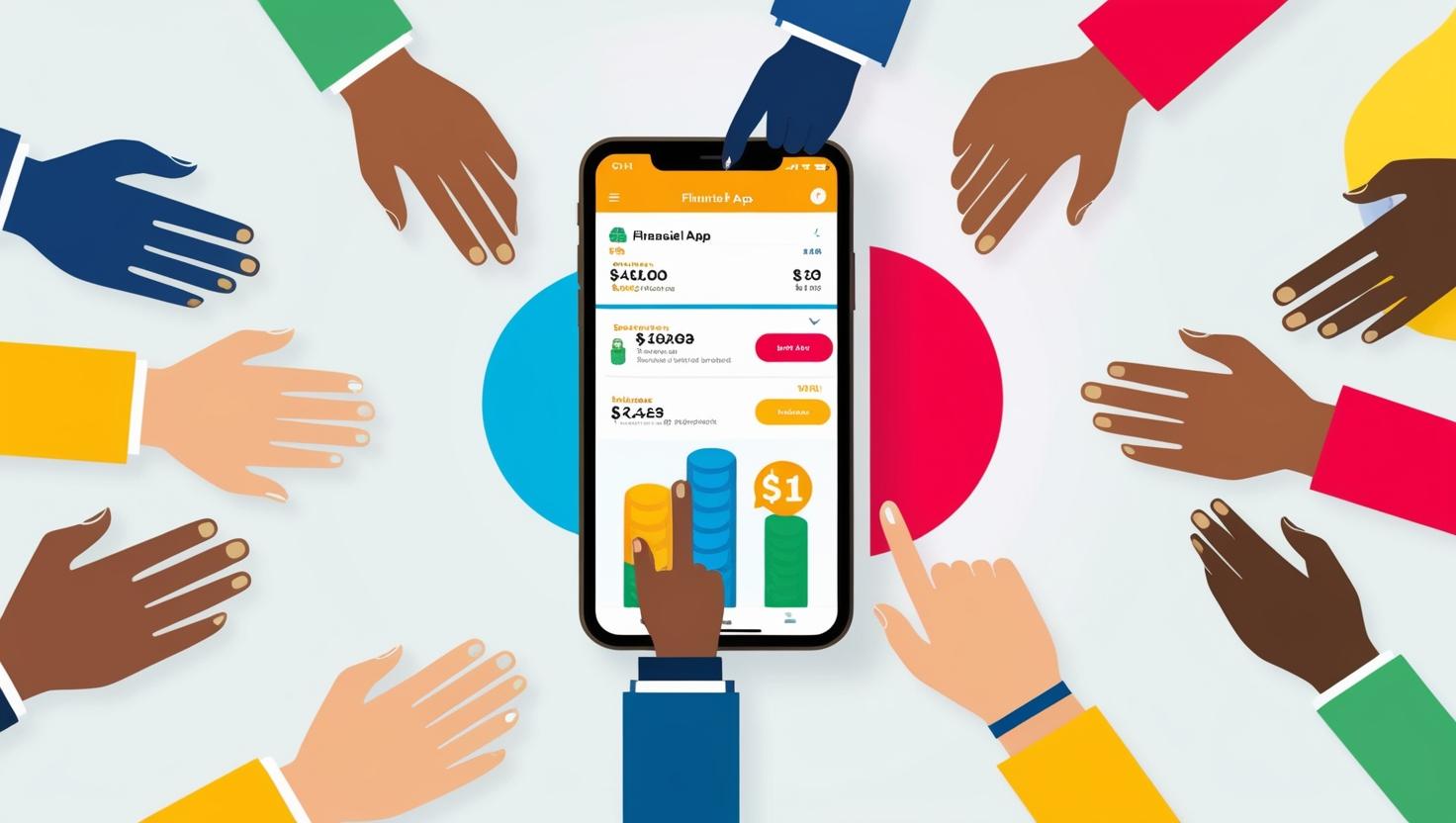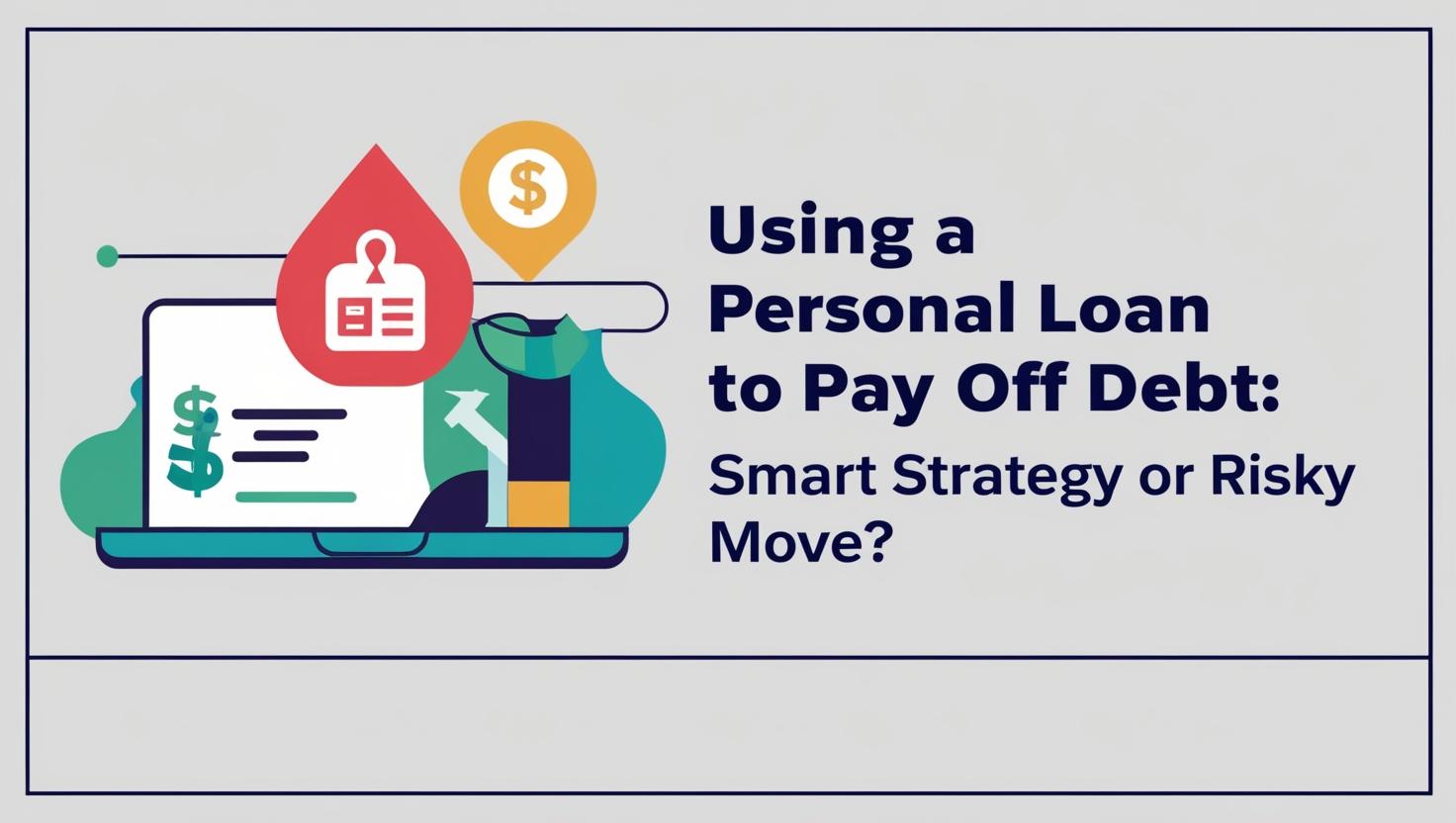Financial coaching is the key to taking control of your financial life. Managing finances can feel overwhelming at times. Whether you’re navigating debt, saving for a big life goal, or simply trying to make sense of where your money goes each month, the world of personal finance can be confusing and stressful. That’s where financial coaching steps in—a tailored, approachable, and professional way to regain confidence and chart a clear path to financial success.
In this article, we’ll explore what financial coaching is, how it works, and why it can be the game-changer you’ve been looking for to transform your financial situation.
What Is Financial Coaching?
Let’s start with the basics: what exactly is financial coaching? Think of it as having a personal trainer, but for your money. A financial coach is someone who works with you to understand your financial habits, challenges, and goals. They provide guidance, tools, and strategies to help you make better financial decisions and achieve long-term success.
Unlike financial advisors, who may focus on managing investments or creating comprehensive financial plans, financial coaches focus on the foundation—helping you understand your relationship with money and equipping you with practical skills to manage it effectively.
For more insights on overcoming financial challenges and achieving success, don’t miss this valuable read: Small Business, Big Challenges: Expert Guidance for Financial Success. Check it out!
Key Features of Financial Coaching:
- Personalized Advice: Tailored to your specific financial situation and goals.
- Education: Coaches help you understand financial concepts, like budgeting, credit scores, and debt management.
- Accountability: Regular check-ins to keep you on track.
- Empowerment: Equipping you to make confident financial decisions on your own.
Why Do You Need a Financial Coach?
Let’s face it—life is busy. Between work, family, and other responsibilities, it’s easy to let financial management slide. A financial coach helps you regain control and confidence in your financial life. Here are some common scenarios where financial coaching can make a real difference:
1. Debt Overwhelm
Are you struggling to keep up with multiple credit card payments, student loans, or other forms of debt? A financial coach can help you develop a realistic repayment plan and teach you strategies to manage and reduce debt effectively.
2. Living Paycheck to Paycheck
If you find yourself constantly running out of money before your next paycheck, a financial coach can help you create a budget that works. They’ll also uncover spending patterns and suggest ways to save without feeling deprived.
3. Big Life Changes
Getting married, buying a house, or preparing for retirement? Financial coaching can provide clarity and help you make informed decisions during these pivotal moments.
4. Building Wealth
Even if you’re doing okay financially, a coach can show you how to optimize your income, save for the future, and set up systems for long-term wealth-building.
How Does Financial Coaching Work?
Financial coaching typically follows a structured yet flexible process. Here’s what you can expect if you decide to work with a financial coach:
Step 1: Initial Consultation
This is where it all begins. During the first session, your coach will get to know you—your financial situation, goals, and pain points. This conversation sets the stage for a tailored coaching plan.
Step 2: Assessment and Goal Setting
The coach will assess your income, expenses, debts, and savings. Based on this, they’ll help you define clear, achievable financial goals. These might include paying off a specific debt, saving for an emergency fund, or improving your credit score.
Step 3: Creating a Plan
Together, you’ll create a personalized action plan. This might involve budgeting, debt repayment strategies, or savings plans. The focus is on small, manageable steps that lead to long-term success.
Step 4: Ongoing Support
Financial coaching isn’t a one-and-done service. Coaches typically offer regular check-ins to review progress, adjust strategies, and provide accountability. They’re there to celebrate wins with you and guide you through challenges.
The Benefits of Financial Coaching
Still on the fence about whether financial coaching is right for you? Let’s look at some of the benefits:
1. Clarity and Confidence
A financial coach helps demystify your finances, giving you a clear picture of where you stand and how to move forward. This clarity translates into confidence—something you can’t put a price on.
2. Accountability
Let’s be honest: it’s easy to set financial goals and then forget about them. A coach keeps you accountable, ensuring you stick to your plan and make consistent progress.
3. Improved Financial Habits
Financial coaching isn’t just about solving immediate problems; it’s about teaching you better money habits for life. From mindful spending to smart saving, these habits become second nature over time.
4. Reduced Stress
Money is one of the leading causes of stress for many people. A financial coach helps you regain control, reducing anxiety and providing peace of mind.
5. Faster Progress
With expert guidance, you can achieve your financial goals more quickly and efficiently than you might on your own.
Common Misconceptions About Financial Coaching
Before diving in, it’s important to clear up a few misconceptions:
“I Don’t Make Enough Money for a Coach.”
Financial coaching isn’t just for high-income earners. In fact, many coaches specialize in helping people with modest incomes. The goal is to make the most of what you have and build a solid foundation for the future.
“I Can Just Google Financial Advice.”
While the internet is a great resource, it’s no substitute for personalized guidance. A coach tailors their advice to your unique situation, something a generic article or video can’t do.
“Coaching Is Too Expensive.”
Think of financial coaching as an investment in yourself. The skills and knowledge you gain can save you thousands of dollars over time, making it well worth the upfront cost.
How to Find the Right Financial Coach
Finding the right coach is crucial for a successful experience. Here are some tips:
- Credentials Matter: Look for certifications like Accredited Financial Counselor (AFC) or Certified Financial Planner (CFP).
- Experience: Ask about their background and expertise.
- Compatibility: Make sure their coaching style aligns with your needs and preferences.
- Reviews and Testimonials: Check online reviews or ask for client references.
Taking the First Step
So, how do you get started? The first step is to identify what you need help with. Is it debt management? Budgeting? Long-term savings? Once you have a clear idea, start researching financial coaches who specialize in those areas.
Many coaches offer free consultations, giving you the chance to ask questions and see if they’re the right fit. From there, it’s all about commitment—both to the coaching process and to your financial goals.
Final Thoughts
Financial coaching is more than just a service; it’s a partnership. It’s about working with someone who genuinely wants to see you succeed and is equipped to help you get there. Whether you’re struggling with debt, saving for a big goal, or simply looking to build better financial habits, a financial coach can provide the guidance, tools, and support you need to transform your finances.
The best part? You don’t have to do it alone. With the right coach by your side, you’ll be well on your way to a brighter, more secure financial future. So why wait? Take the first step today, and start rewriting your financial story.







2 responses to “Financial Coaching: Transform Your Finances with Professional Help”
Exceptional article! Financial coaching is indeed a game-changer for achieving financial freedom. The guidance, accountability, and personalized advice provided by a coach can help individuals overcome financial challenges and build a brighter financial future. Highly recommended read!
An insightful and informative article! Financial coaching is indeed a powerful tool for achieving financial freedom. The personalized guidance, accountability, and education provided by a coach can help individuals overcome financial challenges and build a brighter financial future. A must-read for anyone looking to transform their financial situation!